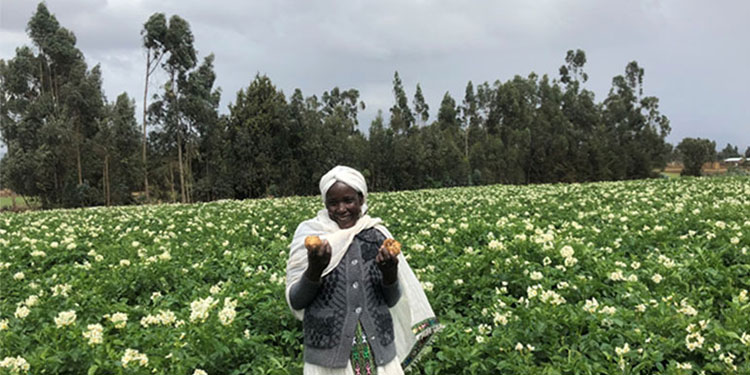
Boosting output from this sector could help improve the security of local main crops like teff and to release significant economic growth, especially through targeting the export market. Ethiopia is already a significant exporter of coffee, oilseeds, pulses, and flowers, but adopting more modern farming practices and improving productivity could elevate forex earnings dramatically.
With its Growth and Transformation Plan for 2015–2020, the Government has recognized that the commercialization of the agricultural sector is a major opportunity for the country. A positive commercial farming drive could hugely increase agricultural production and create many rural employment opportunities.
The policy to drive larger-scale commercial farming is a step towards improving productivity and yield per hectare. Investments in irrigation projects and transport infrastructure will, in the longer term, be key to driving the growth of agriculture. In the more immediate future, encouraging farmers to use improved seed and pesticides, and to learn new-age farm management practices, could help to vastly increase yields.
New-age agricultural companies can support these efforts with new technologies and practices around seeds, crop protection, and digital farming technology. For example, continuous improvement to herbicides and insecticides can help farmers stay ahead of threats to their crops and protect their yields. As demand for food increases worldwide, better seed choices allow farmers to maximize productivity while building a sustainable future.
In years to come as commercialization gathers pace farmers in Ethiopia will be able to use digital technology to improve productivity and yields. Cloud-based farming applications, drones, intelligent sensors, and other devices are clearing the way for farmers to use digital technology to address some of their most pressing challenges with precision agriculture techniques.
Precision agriculture is about using real-time information to ensure that crops, water, fertilizer, pesticides, and soil are managed in a manner that produces the optimal yield while ensuring environmental sustainability. The tools of this trade – satellite imaging, drones, Internet of Things sensors, data analytics – are becoming more accessible to small-scale commercial farmers all the time.
Even though Ethiopia has successfully diversified its economy over the past decade with a fast-growing services sector, growing and modernizing agriculture is key to sustaining Ethiopia’s economic wellbeing. There is an opportunity for the country to adopt the latest technology and techniques to elevate agricultural production and become a major global player in agriculture in the years to come.
